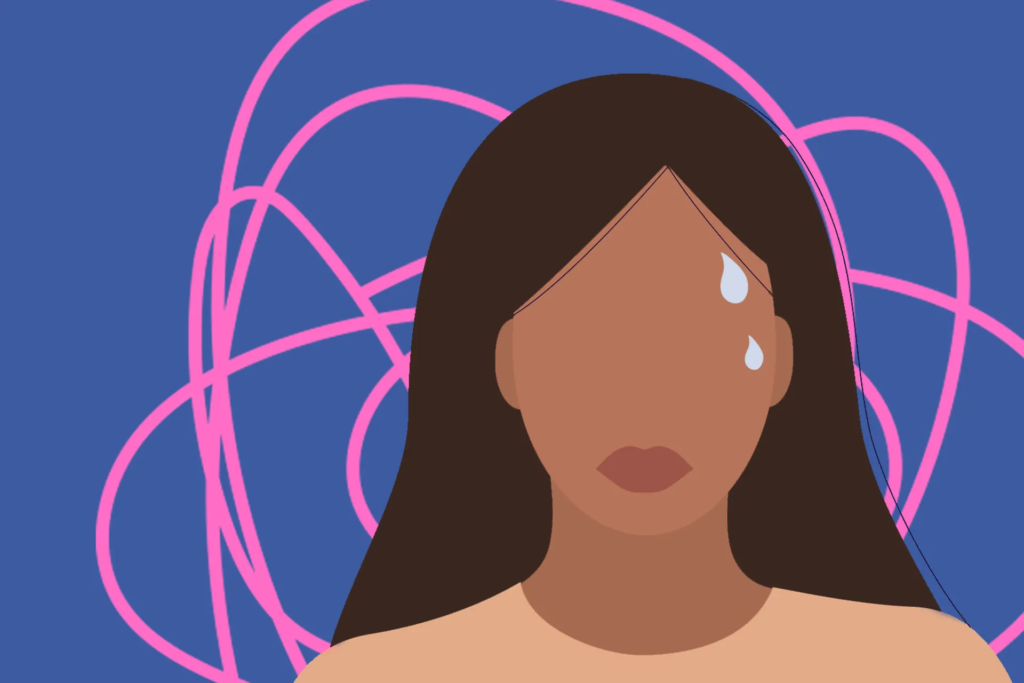Many of the things that make you eager to start college can also make you anxious. It’s actually very common for college students to experience anxiety. In a 2018 survey by the American College Health Association, 63% of college students in the US reported having anxiety, and 23% said they had a mental health professional diagnose them or treat them for anxiety.

Here are a few tips to help you deal with feeling anxious:
1. Find support in new friends
Remember that you’re not the only person experiencing anxiety about finding your place in a new institution or university. Everyone else is also beginning from scratch. Even while some may put on a brave face, most people are uneasy. Try joining groups or clubs, helping out on campus or at school functions, or joining sororities or fraternities. Be patient and take your time to figure out what works for you and what doesn’t.
2. Reach out to your family and friends back home
Keep in mind that you can always rely on your family or existing pals when you’re trying to create a new social circle. Even though you cannot wait to leave the house and live independently, there is something about parental assurance that can make all the difference.
3. Make your surroundings feel like home
After a difficult day, being able to go home to a familiar and comfortable apartment or dorm might help you relax. Your environment’s decor can improve your sleep quality and possibly lessen homesickness. Have photos, have snacks stocked up and design your space the way you like.
4. Practice self care
Not all self-care entails avocado masks and pedicures. Everyone’s definition of self-care is unique. It might encompass everything that makes you physically and emotionally feel your best so that you can handle the stress better. Contrary to common assumptions, self-care isn’t just for women, and it doesn’t have to be complex or expensive. Simple exercise, good sleep, and having a healthy and tasty diet are also self care.
5. Try to find your triggers
It can be simpler for you to control your anxiety if you can figure out what causes it. Once you are aware of your anxiety triggers, you can start to find strategies to deal with or avoid them, depending on what they are. Triggers might include everything, from particular lifestyle decisions to how things are going at home or at school.

Rostrum’s viewpoint:
We at Rostrum strongly believe that mental health is as important as physical health. Seek out professional help if these steps do not work for you. We help our students look for colleges according to their social and academic needs. We also encourage our students to build networks. Contact us for a free consultation today!
Author
-

Yatharth is the co-founder of Rostrum education. He pursued a Bachelor’s Degree in Business Mathematics and Statistics from London School of Economics and Political Science. He has worked with leading educational consultancies in the UK to tutor students and assist them in university admissions.
View all posts

